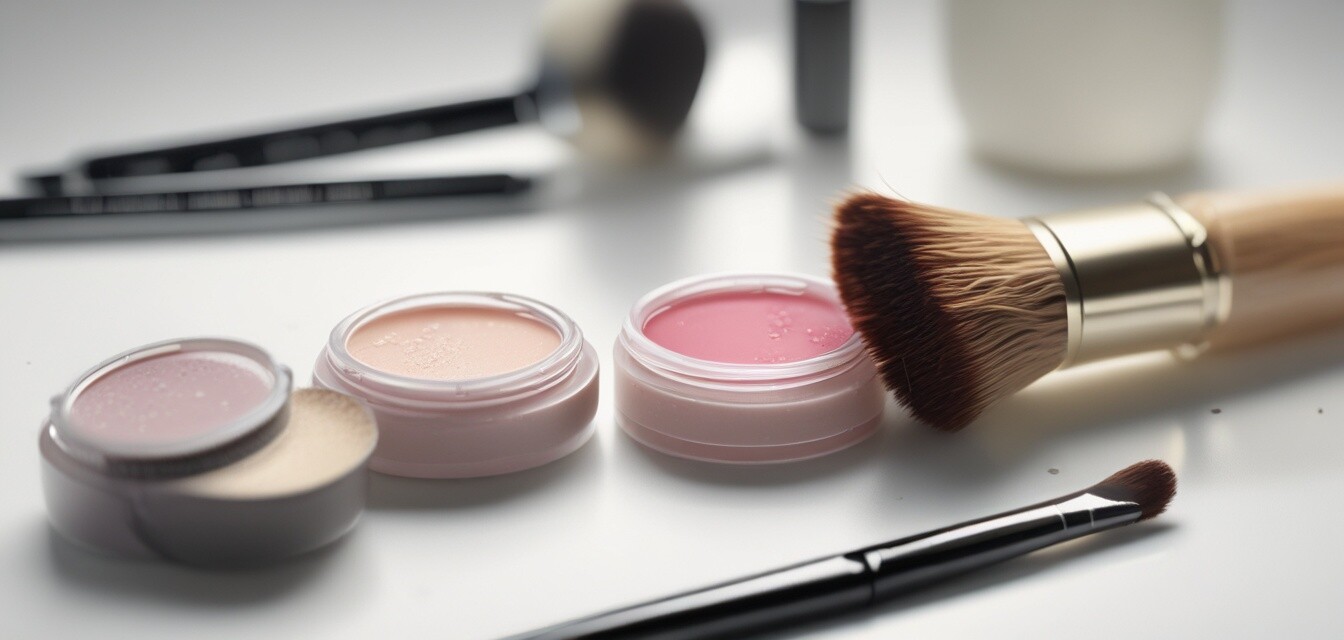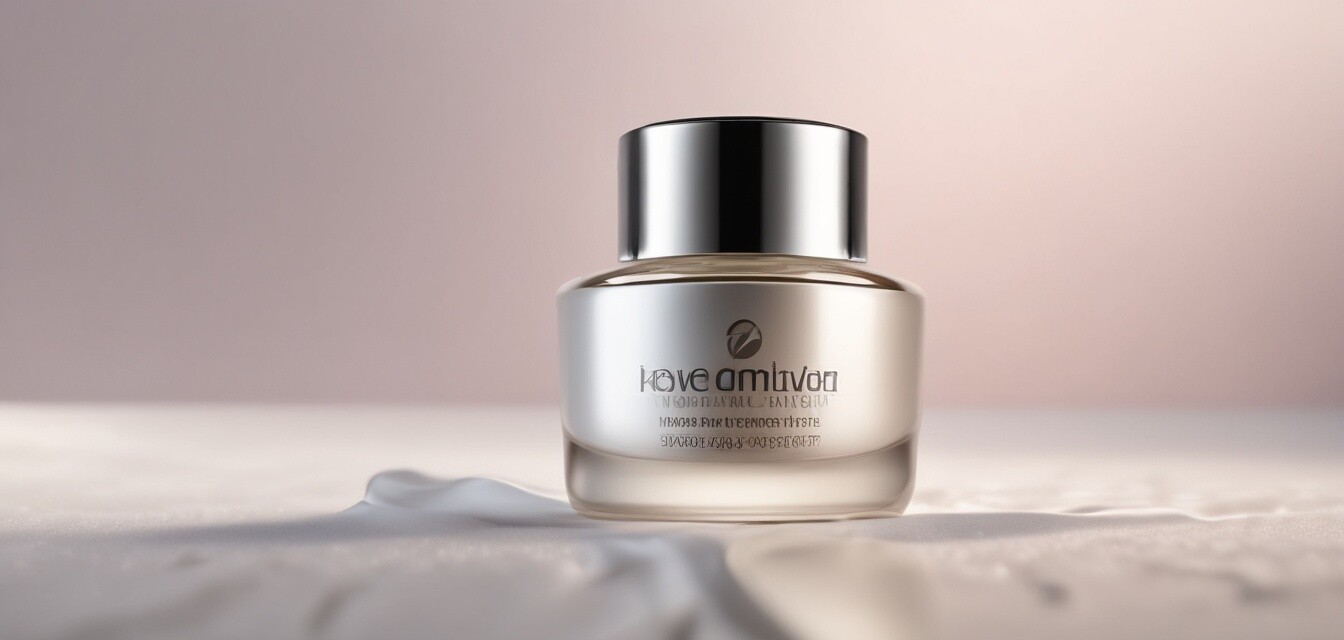
Dermatitis and eczema management
Key Takeaways
- Understanding dermatitis and eczema is crucial for effective management.
- Choose hypoallergenic and fragrance-free products for sensitive skin.
- Regular skin care routines can help alleviate symptoms and prevent flare-ups.
- Identify triggers that lead to skin irritation and avoid them.
- Consult a healthcare professional for personalized advice and treatment options.
Managing dermatitis and eczema requires a tailored approach, particularly for individuals with sensitive skin. With the right knowledge and products, symptoms can be controlled effectively, allowing for comfort and improved skin health. In this guide, we’ll explore helpful tips, product categories, and best practices to manage these conditions.
What is dermatitis and eczema?
Dermatitis is an umbrella term that describes inflammation of the skin, while eczema (atopic dermatitis) is a chronic form of dermatitis characterized by dry, itchy, and inflamed skin. Both conditions can be exacerbated by allergens, irritants, and environmental factors.
Common symptoms
- Redness and inflammation
- Dryness and flakiness
- Itching and irritation
- Crusting or oozing in severe cases

Identifying triggers
To effectively manage dermatitis and eczema, it's essential to identify and avoid triggers. Common triggers include:
| Trigger | Description |
|---|---|
| Allergens | Substances like pollen, pet dander, and dust mites. |
| Irritants | Soaps, detergents, and certain fabrics. |
| Climate | Hot, dry weather or sudden temperature changes. |
| Stress | Increased stress can lead to skin flare-ups. |
Daily skincare routine
A consistent skincare routine is vital for managing dermatitis and eczema. Here are essential steps to include:
- Cleansing: Use fragrance-free cleansers to wash away irritants without stripping natural oils.
- Moisturizing: Apply hypoallergenic moisturizers immediately after cleansing to lock in hydration.
- Sun protection: Protect sensitive skin with fragrance-free sunscreens.

Recommended product categories
Using the right products is key to managing symptoms effectively. Here are some recommended product categories:
- Fragrance-free cleansers
- Hypoallergenic moisturizers
- Sunscreens for sensitive skin
- Sensitive skin serums
- Soothing face masks
Consulting healthcare professionals
Seeking advice from healthcare professionals is advisable, especially if symptoms persist. They can provide:
- Personalized skincare recommendations
- Patch testing for allergies
- Prescription medications when necessary
Pros
- Comprehensive understanding of dermatitis and eczema.
- Effective management through skincare routines.
- Prevention of flare-ups with trigger identification.
Cons
- Requires awareness and commitment to daily routines.
- Potential challenges in identifying specific triggers.
- Consultation may incur costs.
Final thoughts
While dermatitis and eczema can be challenging, a proactive approach involving proper skincare, trigger management, and professional guidance can significantly enhance quality of life and skin health.
Tips for managing sensitive skin
- Patch test new products before full application.
- Keep the skin moisturized regularly.
- Avoid hot showers and harsh soaps.
- Consider wearing breathable fabrics.
- Stay hydrated and maintain a balanced diet.









